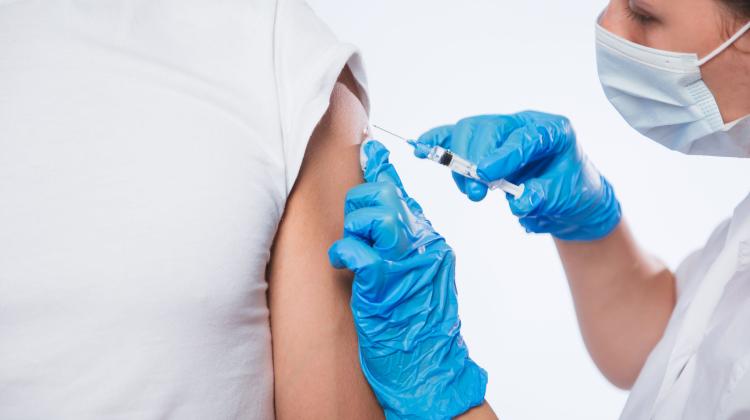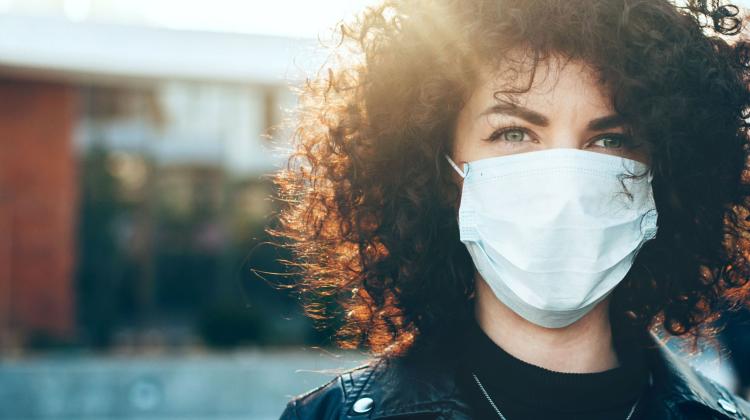Don’t worry, be healthy! New report offers top tips on keeping COVID-19 at bay
 Credit: Fotolia
Credit: Fotolia
Scientists have come up with a list of ways to reduce the risk of catching coronavirus.
A new report published by the Polish Academy of Sciences says that in addition to washing hands and disinfecting tables, etc, getting a sufficient amount of sleep, having a good diet and avoiding drinking alcohol and smoking will also help.
Report authors Professor Dominika Nowis and Dr. Jakub Gołąb from the Medical University of Warsaw said that factors that weaken the immune system include excessive and prolonged alcohol consumption, smoking, drug use, chronic sleep deficit, poor nutrition (malnutrition, avitaminosis, but also pathological obesity).
The increased risk of serious complications in coronavirus-infected patients (including those leading to death) applies primarily to people with immunodeficiencies, the researchers said. These deficits may be associated with the intake of drugs with immunosuppressive effects by transplant recipients, people with autoimmune diseases; it may also affect malnourished people, those suffering from other severe diseases (advanced cancers, uncontrolled diabetes, postoperative care patients, people with advanced circulatory failure, severe lung, liver or kidney disease).
The researchers said: “A particularly susceptible group of patients are the elderly, in whom the immune system may work less efficiently due to advanced age, and especially due to accompanying chronic diseases.”
To avoid infection, senior citizens should limit their stay in public places, the Chief Sanitary Inspector recommends. They should ask their relatives for help in everyday activities, such as shopping, supplying medicines, errands that involve visits to public and postal offices. To be in good shape, the elderly should observe a healthy, balanced diet and avoid highly processed foods.
According to the researchers, surgical masks do not protect against viral infection. Their role is to slightly limit the spread of viruses by those already infected, but on condition that when in public, the infected regularly and often change these masks to new ones.
The report said: “The human immune system can effectively protect us against viruses. It should be emphasized that the immune response begins to develop only after contact with fragments of the virus (called antigens). Before the virus enters the human body, the number of cells of the immune system (lymphocytes) in the bloodstream is insufficient and, in addition, these lymphocytes are not yet ready for defence.”
Only after initial recognition of the virus, the processes begin in the lymphocytes that will lead to the formation of cells capable of recognizing the antigens of a particular virus much more precisely (even millions of times better).
As a result of their multiplication, their number in the bloodstream will increase, and these cells will then acquire the properties that will enable them to effectively resist the virus and eliminate the cells infected with it.
The report added: “The vast majority of infections end with the development of an effective immune response and the elimination of pathogens from the body.”
PAP - Science in Poland
ekr/ agt/ kap/
tr. RL
Przed dodaniem komentarza prosimy o zapoznanie z Regulaminem forum serwisu Nauka w Polsce.


















